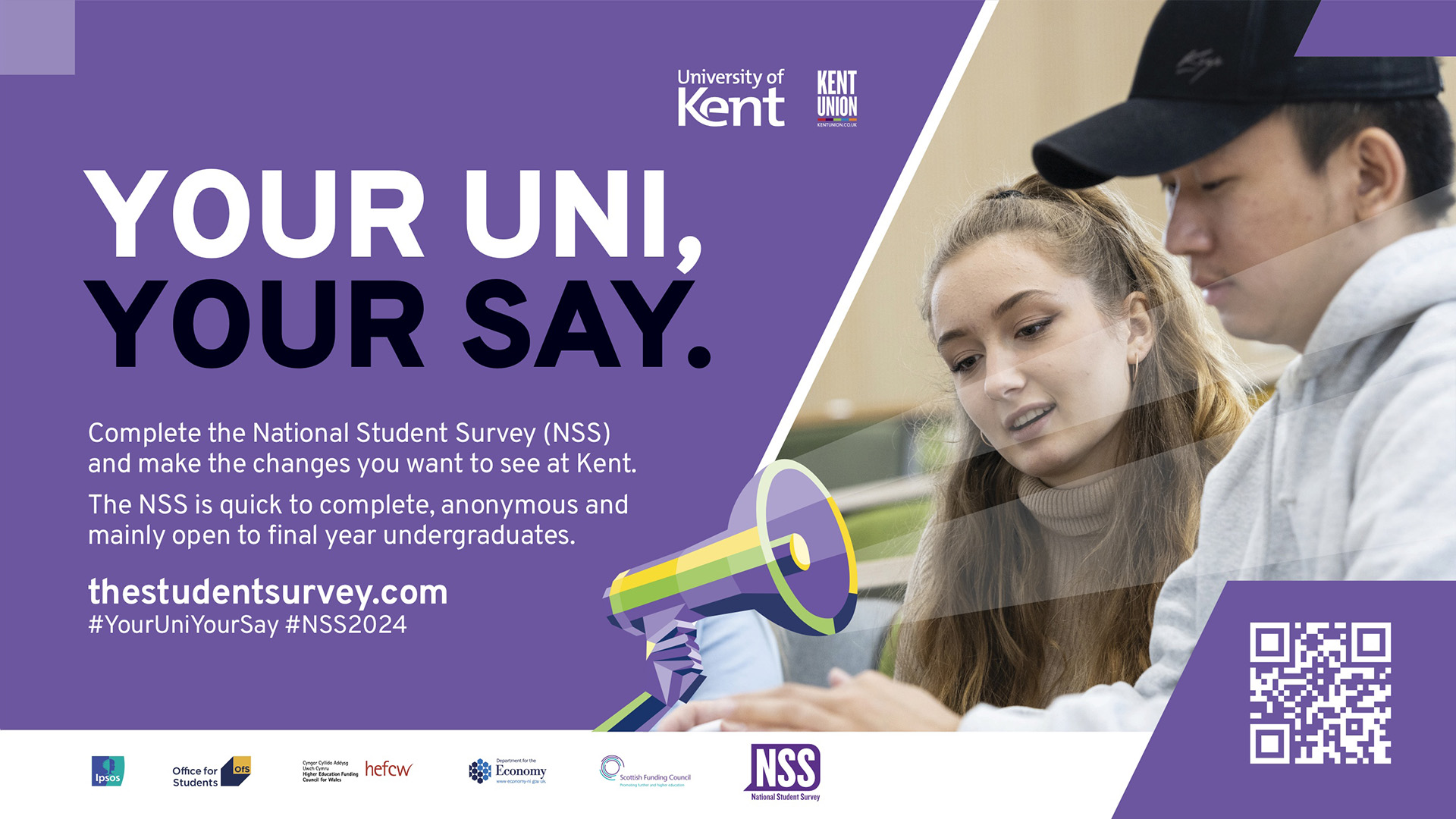Hi, I’m Tim from the Student Learning Advisory Service, here with a few hints and tips as you prepare to resit one or more of your exams.
Firstly, stay motivated. The satisfaction of successfully passing your exams awaits you, so stay highly-focussed on reaching this important goal over the coming weeks. Free up as much time as you can to ensure success, perhaps by rescheduling some less important activities.
Consider any feedback that you may have received on your previous exams. What does it indicate that you need to improve for your resit? Perhaps you need to improve your depth of knowledge around a particular topic, or ensure that you include more key ingredients in your answers. Identify and use feedback to help you steer your preparation.
Reflect on how you managed the previous exam. Perhaps it was not lack of knowledge that let you down, but your exam technique. Perhaps you lost track of time so that you failed to complete the exam paper, or forgot to plan your answers before writing and lost your way halfway through them. Identify and note down any potential improvements to your exam technique that you can make, and practise them before your resit.
Plan your time so that you use it as efficiently as possible between now and your resit. Having identified gaps in your knowledge or aspects of your exam technique that require improvement, draw up a schedule on a time planner that will enable you to address all these issues in time for your exam. Break each day into one- or two-hour chunks of study time, each allocated to an achievable goal – be that revising from your notes on a specific topic, practising writing an essay under timed conditions, or committing important facts, formulas or theories to memory.
Remember that your exam is a performance. While you’ll want to work very hard between now and your resit to achieve the best possible result, you will need to stay fit and well at the same time. Establish a routine that balances your revision with enough sleep, regular breaks, good food and fresh air to keep you in excellent shape for your exam.
Finally, consider a 1-1 with an advisor from the Student Learning Advisory Service, to discuss revision skills, essay writing, exam techniques or any related topics before you resit your exam. You can book an appointment via the Student Learning Advisory Service website, where you will also find printable time planners to help you plot your course to success.
Good luck with your resit.









